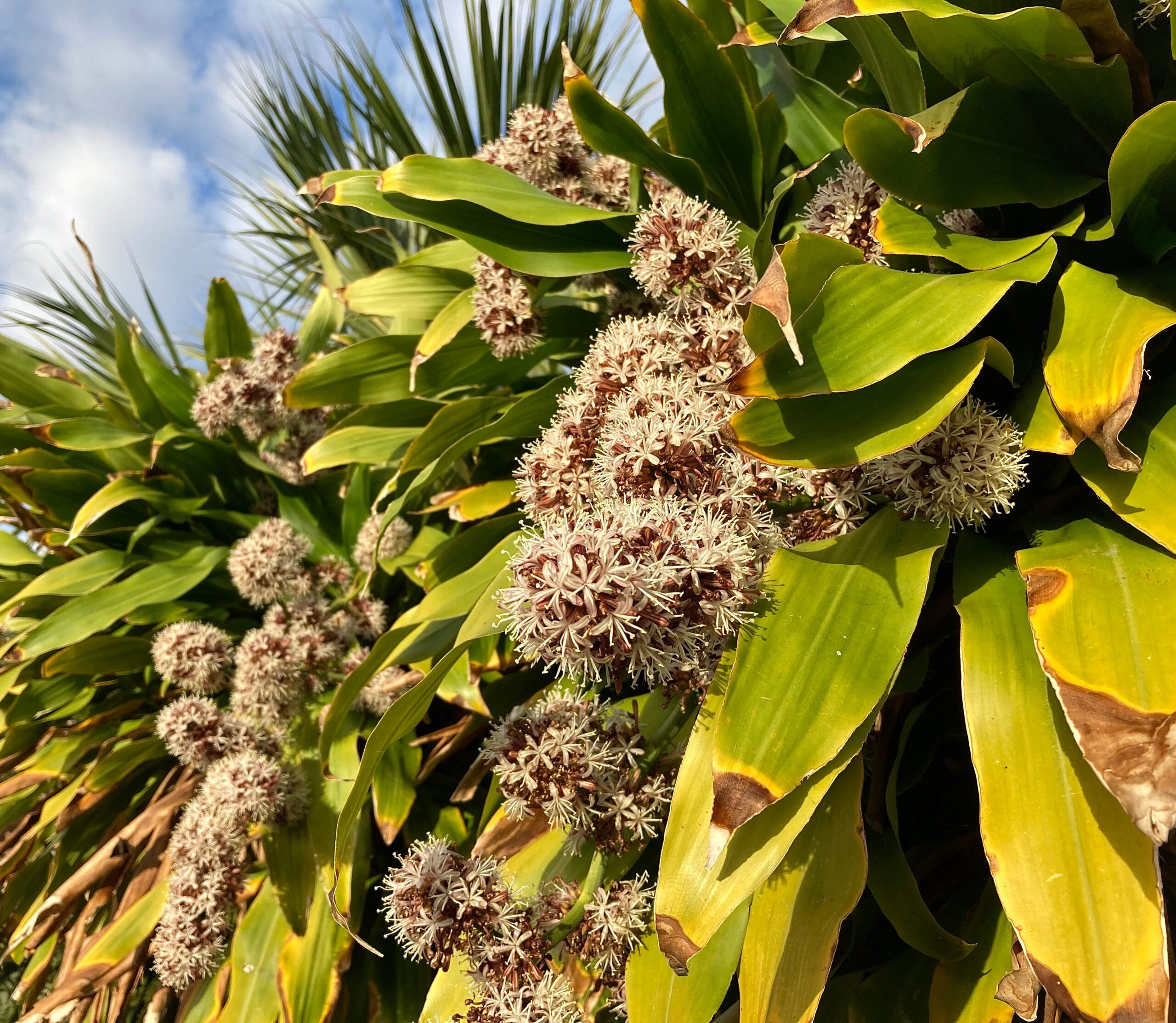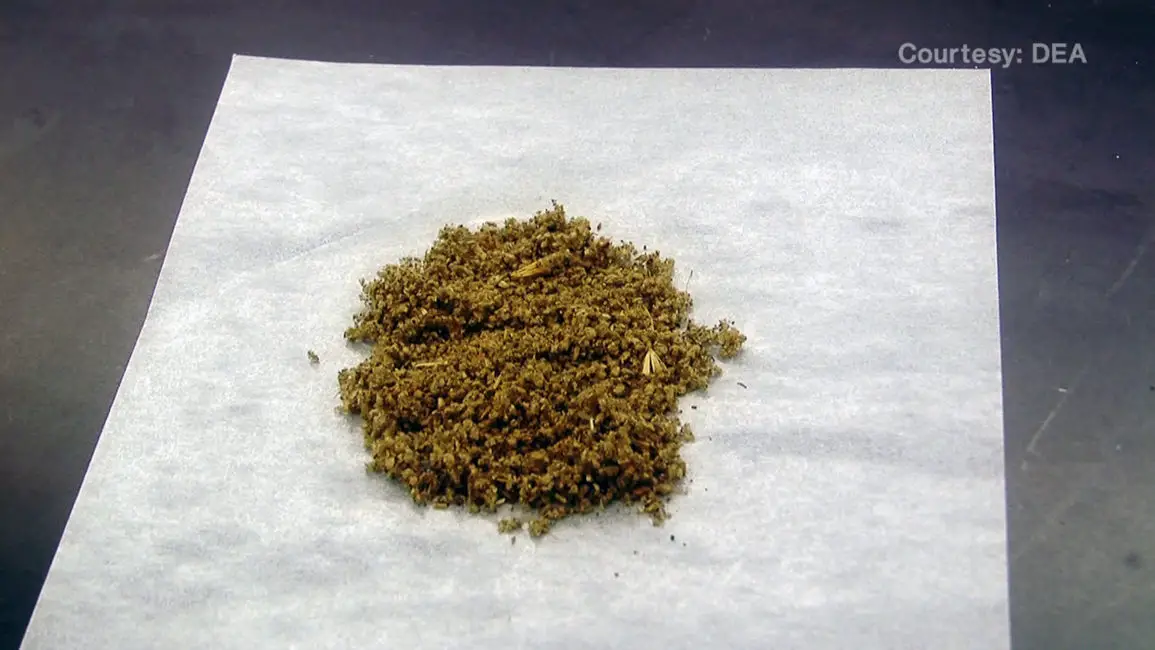Fragrance oils are composed of synthetic or natural ingredients that produce a desired scent. Fragrance oils are a popular choice for adding pleasant smells to products as they are made up of synthetic or natural ingredients that generate specific scents.
These oils work by diffusing their aroma into the surrounding environment, creating a pleasing sensory experience. While natural fragrance oils are derived from plant materials such as flowers, fruits, or spices, synthetic fragrance oils are chemically created to mimic natural scents.
The ingredients in fragrance oils may include essential oils, aromatic compounds, and fixatives, which give the scent lasting power. With their versatility and wide range of scents available, fragrance oils are used in various products, such as perfumes, candles, soaps, and cosmetics.
The Science Behind Fragrance Oils
Fragrance oils are a composition of essential oils and synthetic fragrance compounds, carefully formulated to create unique scents. Essential oils, extracted from plants, lend natural aromas to fragrance oils. On the other hand, synthetic fragrance compounds are man-made substances that mimic various scents.
This combination of natural and synthetic components allows fragrance oils to offer a wide range of delightful aromas. Formulating fragrance oils involves blending these ingredients in precise proportions to ensure a balanced and captivating scent. The process requires expertise and knowledge to achieve the desired fragrance notes, which are the individual components that make up an overall scent.
Fragrance notes add depth and complexity to fragrances, creating a pleasant olfactory experience. Understanding the science behind fragrance oil composition helps appreciate the craftsmanship that goes into creating these delightful scents.
Natural Vs. Synthetic Fragrance Oils
Fragrance oils are made from either natural or synthetic ingredients. Natural fragrance oils are sourced from plants and flowers, while synthetic fragrance oils are produced in a lab. Differentiating between the two is essential. Natural fragrance oils are obtained through sourcing from various natural sources, like flowers and fruits.
On the other hand, synthetic fragrance oils are created using a complex production process in a controlled environment. Natural fragrance oils have their pros, like being more environmentally friendly, but they can be expensive. Synthetic fragrance oils, on the other hand, are more cost-effective and offer a wide range of scents.
However, they may contain chemicals that can be harmful to some individuals. It’s important to consider the pros and cons of both types when choosing fragrance oils.
Common Ingredients In Fragrance Oils
Fragrance oils are crafted using various aromatic elements such as floral extracts, citrus essences, and woods. These oils also feature fruity and gourmand scents, alongside fixatives and enhancers. Musk compounds, ambergris, and animalic notes lend their unique qualities, while resins and balsams provide depth.
Additionally, solvents play a crucial role in fragrance oils by facilitating the blending process. Overall, the ingredients in fragrance oils create a harmonious symphony of scents that captivate our senses.

Credit: butterbykeba.com
Frequently Asked Questions About Fragrance Oils
Fragrance oils are made up of synthetic compounds that mimic certain scents and fragrances. They are different from essential oils as they are not derived from natural sources like plants or flowers. Fragrance oils are generally considered safe for use, but it’s important to check for any potential allergens or irritants before using them on your skin.
These oils can be used in a wide range of products, including candles, soaps, and perfumes, adding a pleasant aroma. The longevity of fragrance oils can vary depending on factors such as the quality of the oil and the product in which it is used.
To determine the quality of fragrance oils, you can look for reputable suppliers and read customer reviews. Additionally, fragrance oils can also be customized to create unique scents tailored to specific preferences. So, if you’re looking to add pleasant fragrances to your products, fragrance oils are a versatile option to consider.
Frequently Asked Questions For What Are Fragrance Oils Made Of
Are Fragrance Oils 100% Natural?
No, fragrance oils are not 100% natural as they are made from a combination of natural and synthetic ingredients.
What Is The Difference Between Fragrance Oils And Essential Oils?
Fragrance oils are synthetic scents, while essential oils are natural extracts from plants.
What Makes A Fragrance Oil Natural?
Fragrance oils are considered natural if they are derived from plants, flowers, or other natural sources.
How Do You Make Fragrance Oils?
Fragrance oils are made by combining essential oils and synthetic compounds to create unique scents.
Conclusion
Fragrance oils are a fascinating blend of natural and synthetic ingredients that create mesmerizing scents. By understanding the basic components of fragrance oils, we can appreciate the artistry behind perfume making. These oils typically consist of a combination of essential oils, aroma chemicals, and solvents.
Essential oils, derived from plants, provide the foundation for the fragrance with their distinct aromas. Aroma chemicals, on the other hand, are synthetic compounds that enhance and modify the scent, allowing perfumers to create unique blends. Solvents are used to dissolve the oils and chemicals, ensuring they can be easily dispersed and applied.
The diversity of fragrance oils provides endless possibilities for creating personalized and enticing scents. As we delve into the world of fragrance, we gain a deeper appreciation for the craftsmanship and creativity of perfumers. So next time you catch a whiff of a captivating scent, remember the intricate blend of ingredients that make it so enchanting.
Embrace the allure of fragrance oils and allow them to transport you to a world filled with delightful aromas.













